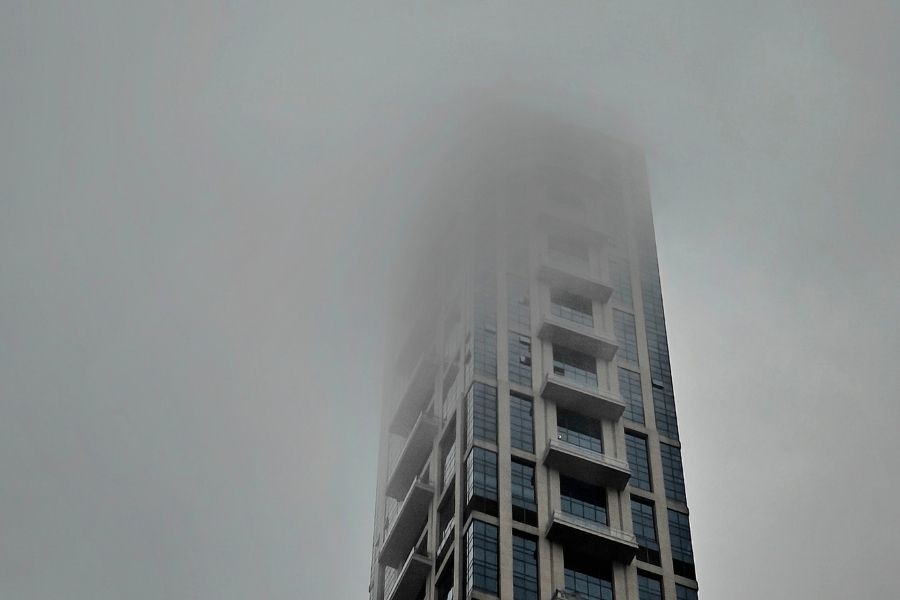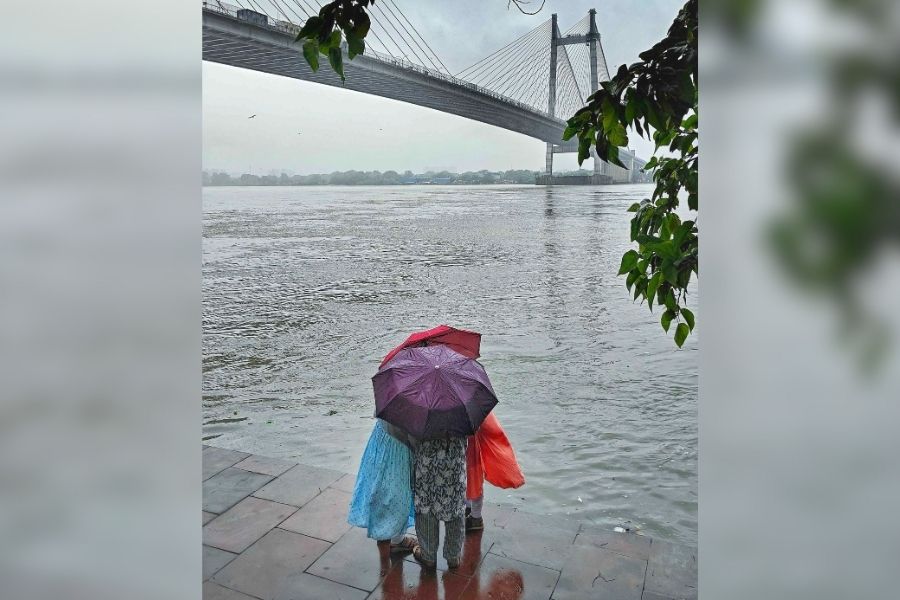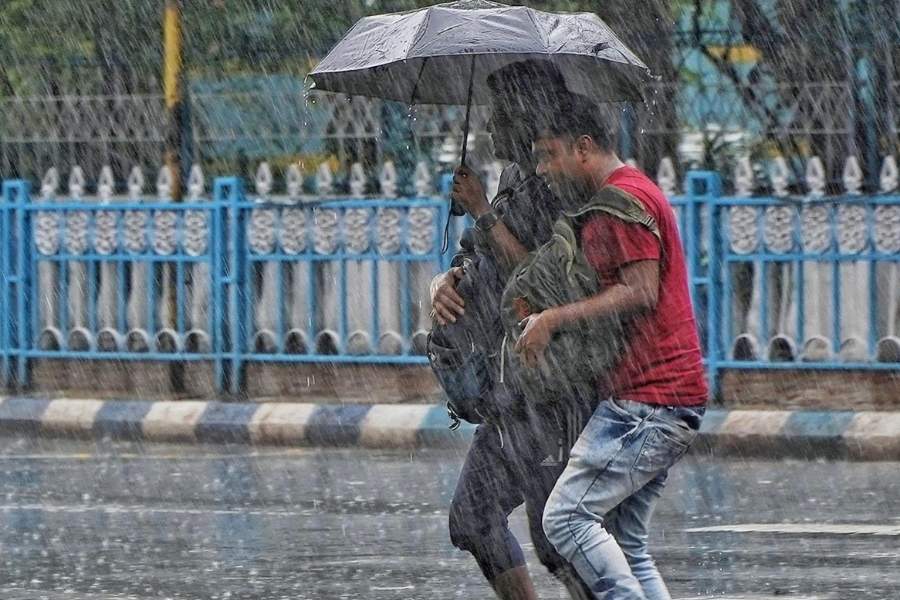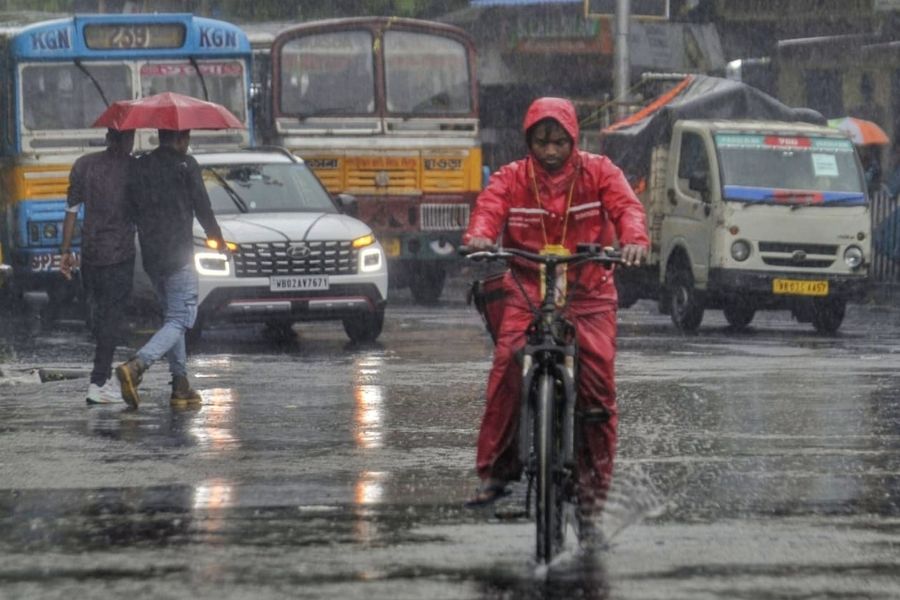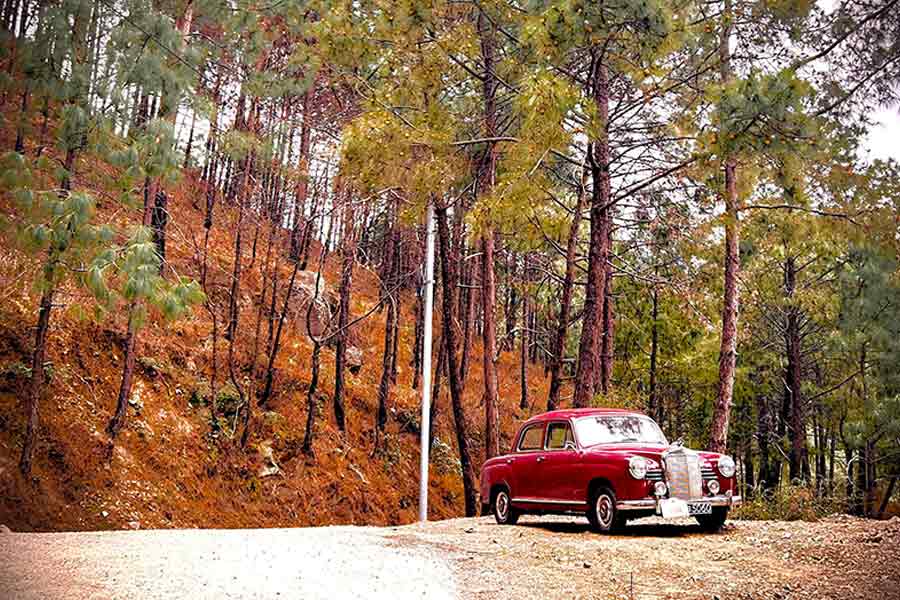A deep depression over the northwest Bay of Bengal, off the West Bengal-Bangladesh coast, moved northwards with a speed of 22kmph over the past six hours and crossed the coast between Sagar Island and Khepupara (Bangladesh), close to Raidighi in West Bengal.
The system completed its landfall between 10.30 and 11.30am and lay centred over the West Bengal-Bangladesh coasts at 11.30am.
According to the latest update, the system was located about 40km southwest of Canning in India, 130km west-southwest of Mongla and 190km west of Khepupara in Bangladesh.
It is very likely to move in a north-northeastward direction, maintaining its intensity as a deep depression till the evening.
Gradual weakening into a depression is expected thereafter.
In view of the system's impact, Kolkata is forecast to experience a generally cloudy sky with a few spells of light to moderate rain and thundershowers.
An intense spell of rain, measuring 2 to 3cm per hour, is very likely to occur.
Over the next 24 hours, the city is expected to receive heavy rainfall, accumulating to about 7 to 11cm.
Squally wind speeds reaching 40 to 50kmph, gusting up to 60kmph, are also likely to affect the city.
The expected impact includes temporary water logging in low-lying areas and potential closure of underpasses.
Occasional reduction in visibility due to intense spells of rain may lead to disruption in traffic, and increased travel times.
There are also chances of breaking of tree branches and damage to vulnerable structures, including the possibility of wall collapses.
Authorities have suggested judicious regulation of road traffic and ferry services along the Hooghly River.
Commuters were advised to check for traffic congestion before leaving for their destinations and avoid areas that are prone to frequent water logging.
App-cab prices touched the roof during evening rush hours, with a ride from Chandni Chowk to Salt Lake costing over Rs 400, more than double the usual rate, while a ride from Central Avenue to Patuli costing a whopping Rs 700.
Residents were also urged to stay away from vulnerable structures.
